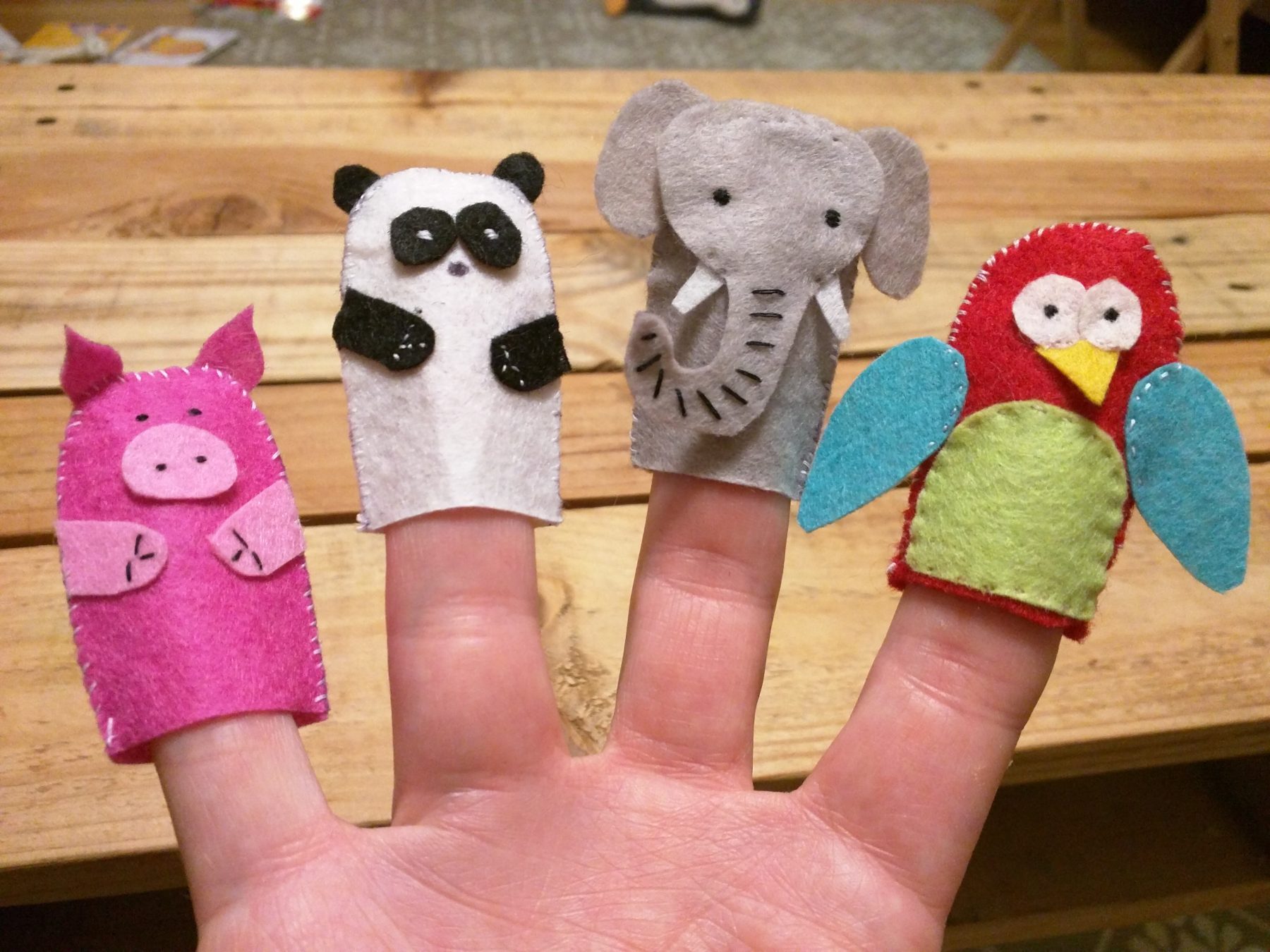Circle time is a bit like marmite, you either love it or hate it! Reading some of the books available for activities on circle time I was not surprised why some hate it. Many also argue you don’t need circle time, as Personal, Social and Emotional Development just happens during play. This may be true for some settings or classes but everyone is different. In the same way we treat children as individuals we must treat Early Years Educators with the same respect. Many Teachers have requested good circle time planning so that is what we delivered, hopefully a little bit more ‘up to date’, fun, purposeful and in a way that everyone in Early Years agrees is of some value.
How many children should you have in circle time?
Certainly not 30! Or even 20 or 10! We recommend the maximum you have in 1 group is 6. Otherwise it will become a ‘learn to sit still and be quiet’ exercise and that is certainly not what we want. We want children to have a voice, we want children to express their individuality and just be themselves.
What if a child doesn’t want to talk in circle time?
If a child doesn’t want to talk during circle time just leave it. It can be very hard for children to talk in front of others. You must never force a child to talk or contribute as this would be extremely detrimental to their future well-being and involvement. Also if the group of children lose engagement stop, it should last no more than 5 minutes unless they are really engaged and want to continue.
Bringing Personal, Social and Emotional Development into every day
A good idea is to have a special work box where children can put their work each day that have made made whether it is a lego plane or junk modelling getto blaster or a lovely painting. At the end of each session take the time to look and celebrate these pieces of work asking children; how they did it? why? what was easy? what was hard? etc. Take the time to ask others to share ideas about others work. During this time many of the Personal, Social and Emotional skills can be taught for example being sensitive to others needs, talking about abilities, speaking in a group. It may be easier for children who find talking challenging to contribute in this way.
Take time to talk to children about what they enjoy doing, things that are happening at home and really get to know them. Help children who need supporting with friendships by supporting them to join in and show interests in what others are doing and playing alongside them.
Give positive feedback during play and adult led sessions, it is the best way to discourage inappropriate behaviour. Be consistent with boundaries and support children to work out disagreements for themselves during play.
We hope you have found this helpful, we have another blog coming soon which will go more deeply into supporting behaviour.
For our Circle Time Planning for Reception click here.
For our Circle Time Planning for Nursery click here.










